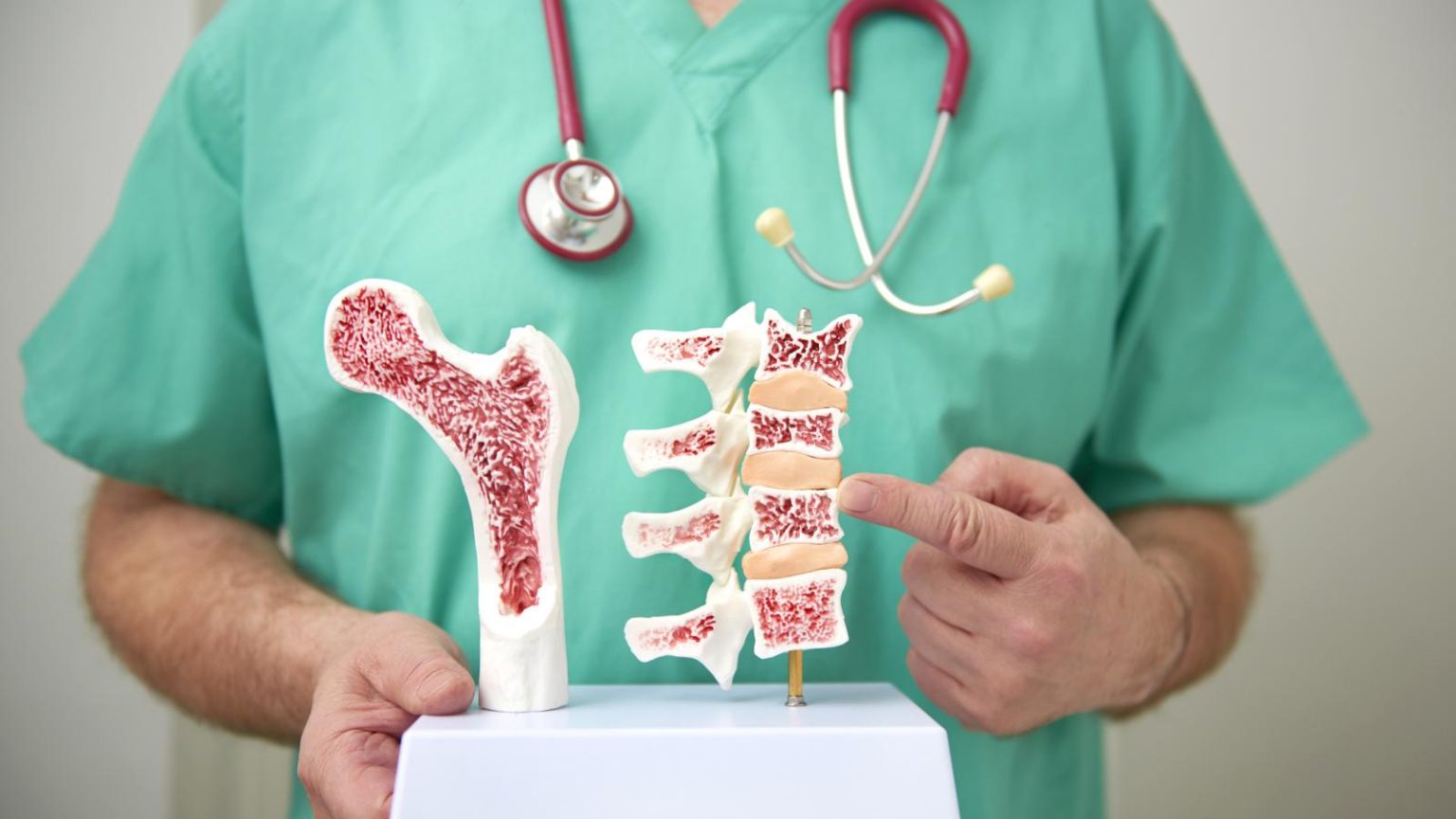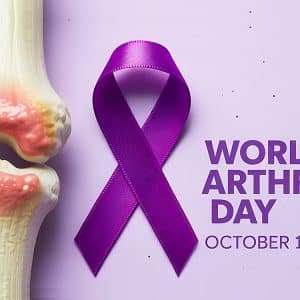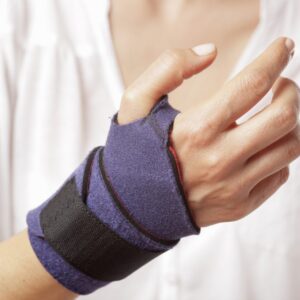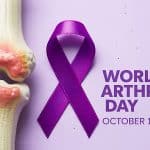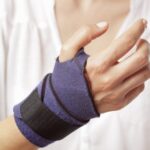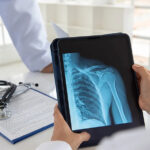On the occasion of the blessed month of Ramadan, we are pleased to extend our best wishes and prayers for the acceptance of fasting and good deeds, while also providing some insights related to fasting and bone health.
Does fasting have negative effects on osteoporosis?
Some studies have shown that fasting has many benefits for osteoporosis, a common condition among the elderly. One of the key benefits is the reduction of low-density lipoprotein (LDL), also known as “bad” cholesterol, which, when increased, contributes to lower bone density, making bones more brittle and prone to fractures.
Fasting also plays an important role in stimulating the secretion of parathyroid hormone (PTH), which releases calcium from the bones into the bloodstream and enhances calcium absorption from the intestines. Thus, fasting positively influences bone regeneration.
Osteoporosis generally does not prevent fasting during Ramadan, except in rare cases, such as when the condition is severe and there is a risk of worsening or delayed healing, especially if osteoporosis is accompanied by or caused by a malignant bone tumor requiring regular treatment.
Patients with osteoporosis during Ramadan should adhere to prescribed medications and follow dietary guidelines that include foods rich in calcium, phosphorus, and vitamin D, such as dairy products, cheese, eggs, fish, and vegetables. It’s advisable to avoid overconsumption of foods high in fat or sugar and stay away from soft drinks, which negatively affect bone health, as well as smoking. Additionally, it is recommended to get sun exposure and engage in physical activity, even for just 20 minutes, preferably after breaking the fast to avoid fatigue during fasting hours.
Does fasting help treat arthritis?
Some scientific research indicates that intermittent fasting may be more beneficial than certain diets in reducing arthritis symptoms. Fasting helps lower the levels of SWAP70, a protein associated with arthritis, which helps improve joint pain and symptoms of conditions like osteoarthritis and rheumatism.
Fasting and bone fractures
A study conducted by the American Academy of Orthopaedic Surgeons has demonstrated that fasting accelerates wound and fracture healing by stimulating the activation of SMOC1 and SCG2, which promote the formation of new blood vessels. These vessels help transport oxygen and nutrients to the site of the wound or fracture, enabling cells to grow and multiply, thereby aiding in healing, provided a healthy diet is maintained during the breaking of the fast.
In summary, fasting during Ramadan is beneficial for bone health.
Wishes for a speedy recovery to all.
Dr. Mahdi Abd Al-Sahib
Orthopedic surgeon
18/3/2024
7th Ramadan 1445
